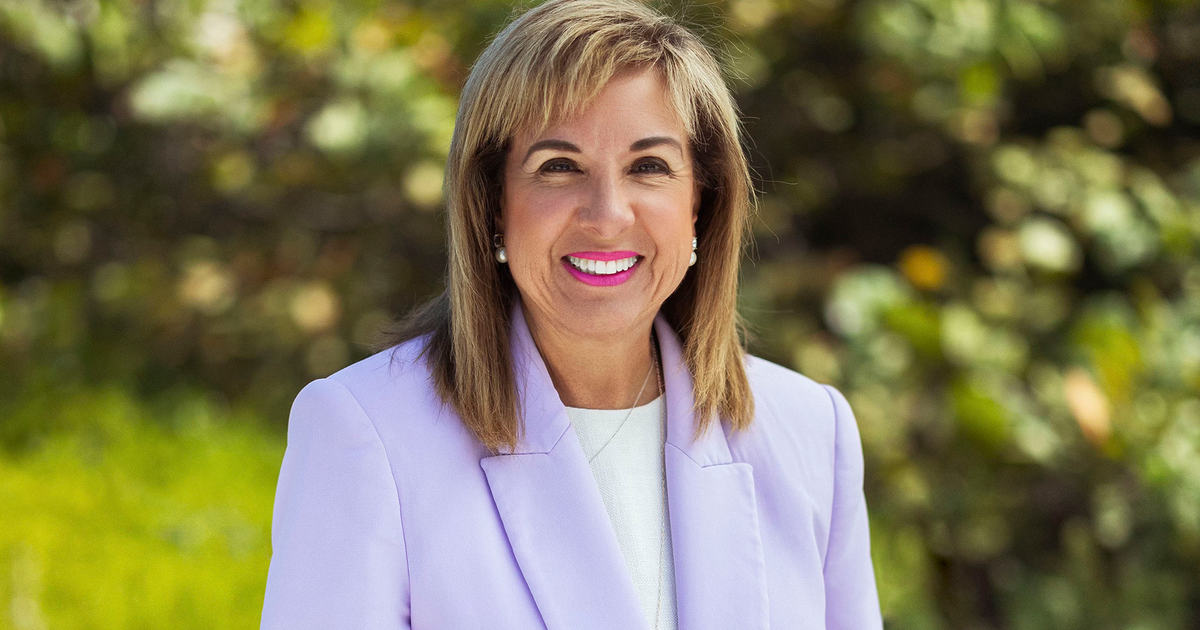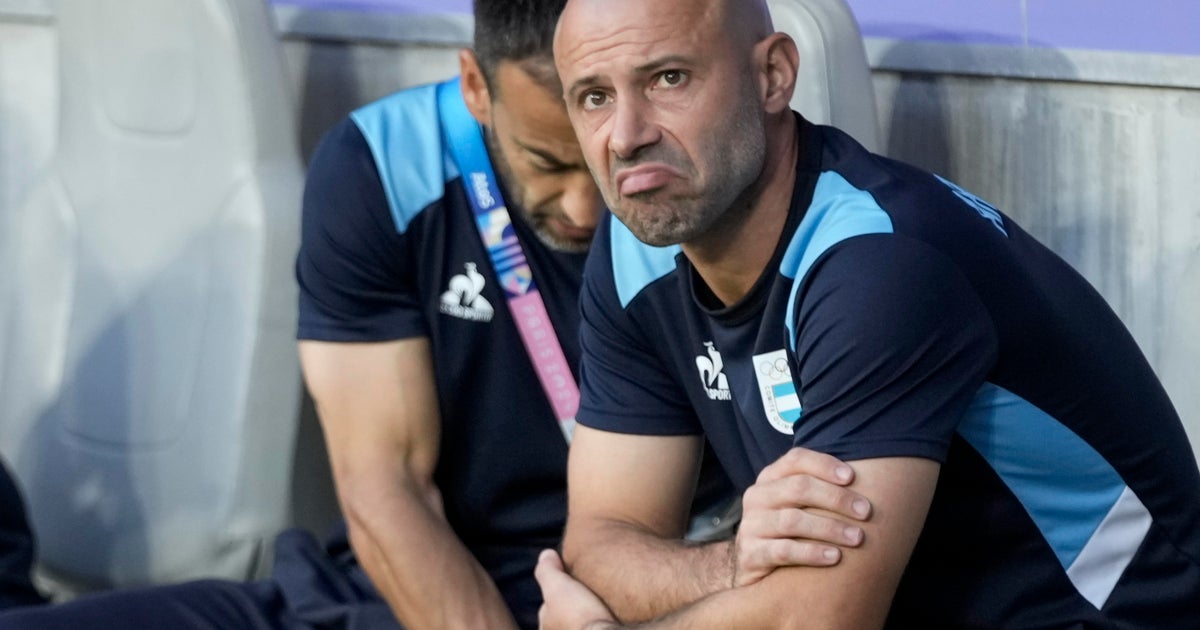Ex-CIA Agent's Attorneys Say Reporter Exaggerated Bomb Plan
EL PASO, Texas (CBS4)-Attorneys for a former CIA operative on trial for perjury argued Friday that a journalist exaggerated when she reported that their client admitted planning deadly 1997 bombings at Cuban tourists sites and that her career flourished as a result of the flawed reports.
Ann Louise Bardach, a reporter for the Daily Beast and a Cuba expert for CBS news, was a contract writer with the New York Times in 1998 when she interviewed Luis Posada Carriles in Aruba, where he was hiding.
Based on that interview, she co-wrote a series of articles for the Times saying Posada masterminded bombings between April and September 1997 in hotels and a tourist restaurant in Havana and a resort in Varadero beach that killed an Italian tourist and wounded about a dozen other people.
Bardach, who had resisted prosecutors' attempts to compel her to testify, repeated her claims about Posada's admission in court and said she stands by her reporting.
During a heated cross-examination of Bardach, defense attorney Arturo Hernandez insisted, "In your interviews with Mr. Posada, he never explicitly admitted to the bombing campaign."
"Yes he did!" Bardach exclaimed. "In a hundred ways he admits to the bombing campaign. He was proud of this."
When pressed further, she called Posada extremely nuanced, saying, "by nature, he doesn't make bold, explicit statements ... but I think it's implicit and explicit."
Posada, 83, was born in Cuba and spent years crisscrossing Latin America as an anti-communist militant whose activities were largely backed by the U.S. government. He is Public Enemy No. 1 in his homeland, featured on propaganda billboards and considered ex-President Fidel Castro's nemesis.
But Posada is now charged with 11 counts of obstruction, perjury and immigration fraud, accused of lying during citizenship hearings in El Paso about how he sneaked into the U.S. in 2005. Prosecutors say he also failed to disclose his alleged involvement in the Cuba bombings, and used a Guatemalan passport with a false name.
Bardach spent 13 hours interviewing Posada and recorded about half that. She said Posada spoke to the Times because he felt the bombings had initially not gotten enough attention.
The prosecution played excerpts from the interview tapes, which included Posada saying, "in the bombing in the hotels, we tried to put small explosives ... because we don't want to hurt anybody, just make a big scandal and that the tourists don't come."
He also says in the recordings that allegations that he directed associates to smuggle explosive materials into Cuba in shampoo bottles, diapers and on people posing as tourists were "more or less true."
After his interview with Bardach, Posada appeared on U.S. Spanish-language television stations refuting it. First he said he never spoke to the Times, but after tapes of the interview surfaced, he said he didn't really understand the English spoken during it.
Bardach called that "damage control" and said she didn't take it personally, adding, "I think he was lying to protect his people."
When Hernandez questioned the premise that his client was really behind the attacks, Bardach said that during the interviews, "'I said, 'you are El Jefe,' the chief, and he said 'yes.'"
Hernandez suggested that Bardach put words in Posada's mouth, to which she responded, "throughout this entire, grueling ordeal, I've always tried to be respectful and sometimes protective of your client." The defense attorney scoffed, prompting Bardach to respond, "there have been many reporters who have written about your client in far more damning and pejorative ways and you know it."
Posada is not on trial for the bombings - only for lying about them to immigration officials, prompting charges that he interfered with a U.S. anti-terrorism investigation that explored whether Cuban-American exile leaders helped finance the attacks.
Hernandez noted that Bardach has written two books on Cuba, Castro, and the Cuban-American community, that both deal extensively with Posada. He said that since her 1998 interview, she often appears on television. But Bardach said she usually does so to discuss U.S.-Cuba policy - not Posada.
A CIA agent until 1976, Posada participated indirectly in the failed Bay of Pigs invasion and later served as head of the Venezuelan government's intelligence service. He was arrested for planning the 1976 bombing of a Cuban airliner that killed 73 people but escaped from a Venezuelan prison while still facing trial.
In 2000, Posada was imprisoned in Panama in connection with a plot to kill Castro during a summit there. He was pardoned in 2004 and turned up in the U.S. the following March.
Posada brought Bardach's latest book, "Without Fidel," to court and asked her to autograph it during a break. Later, he approached her in the hallway and said in English, "I hope we are done with this today" in an exasperated tone.
© 2011 The Associated Press. All rights reserved. This material may not be published, broadcast, rewritten or redistributed.



